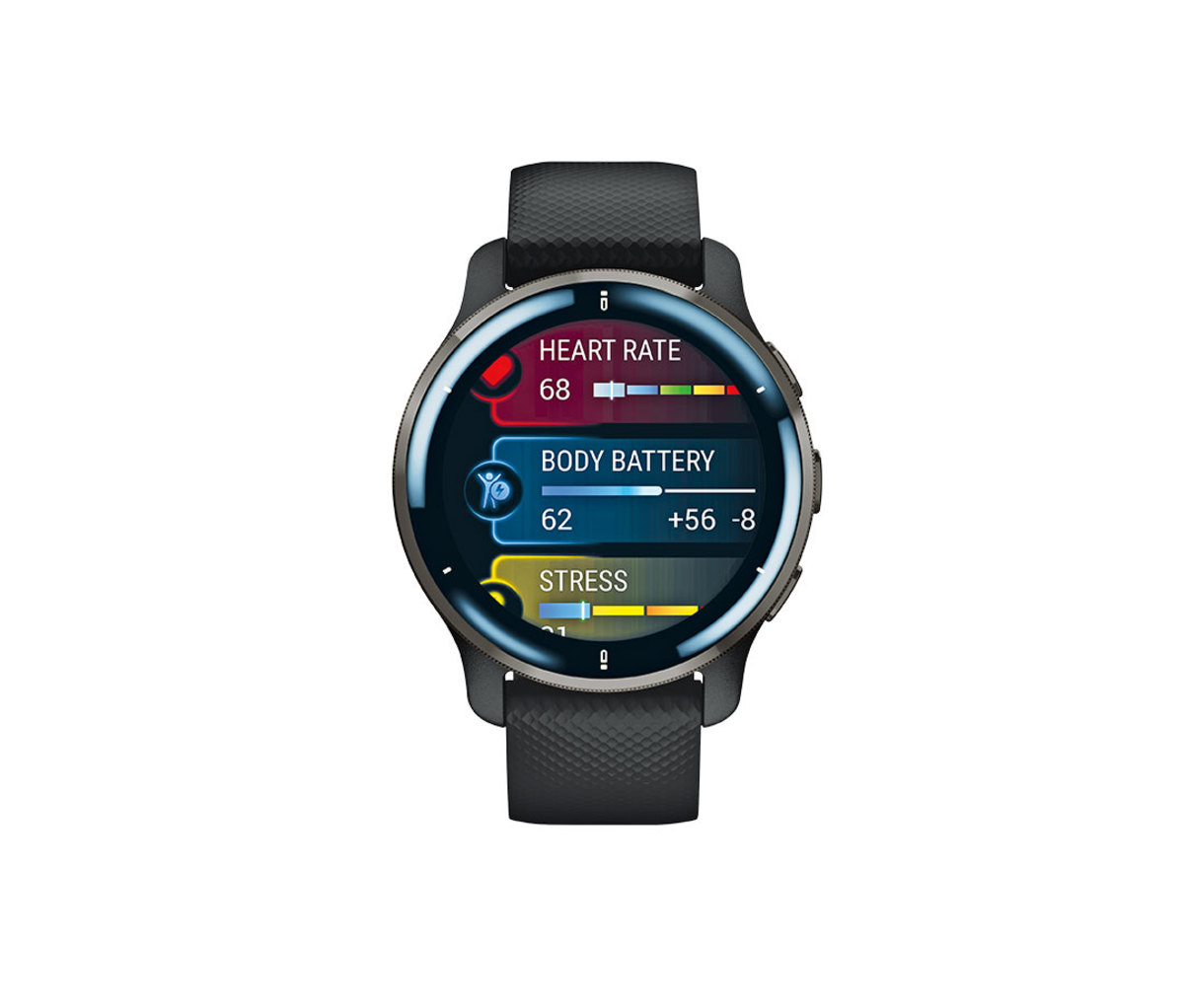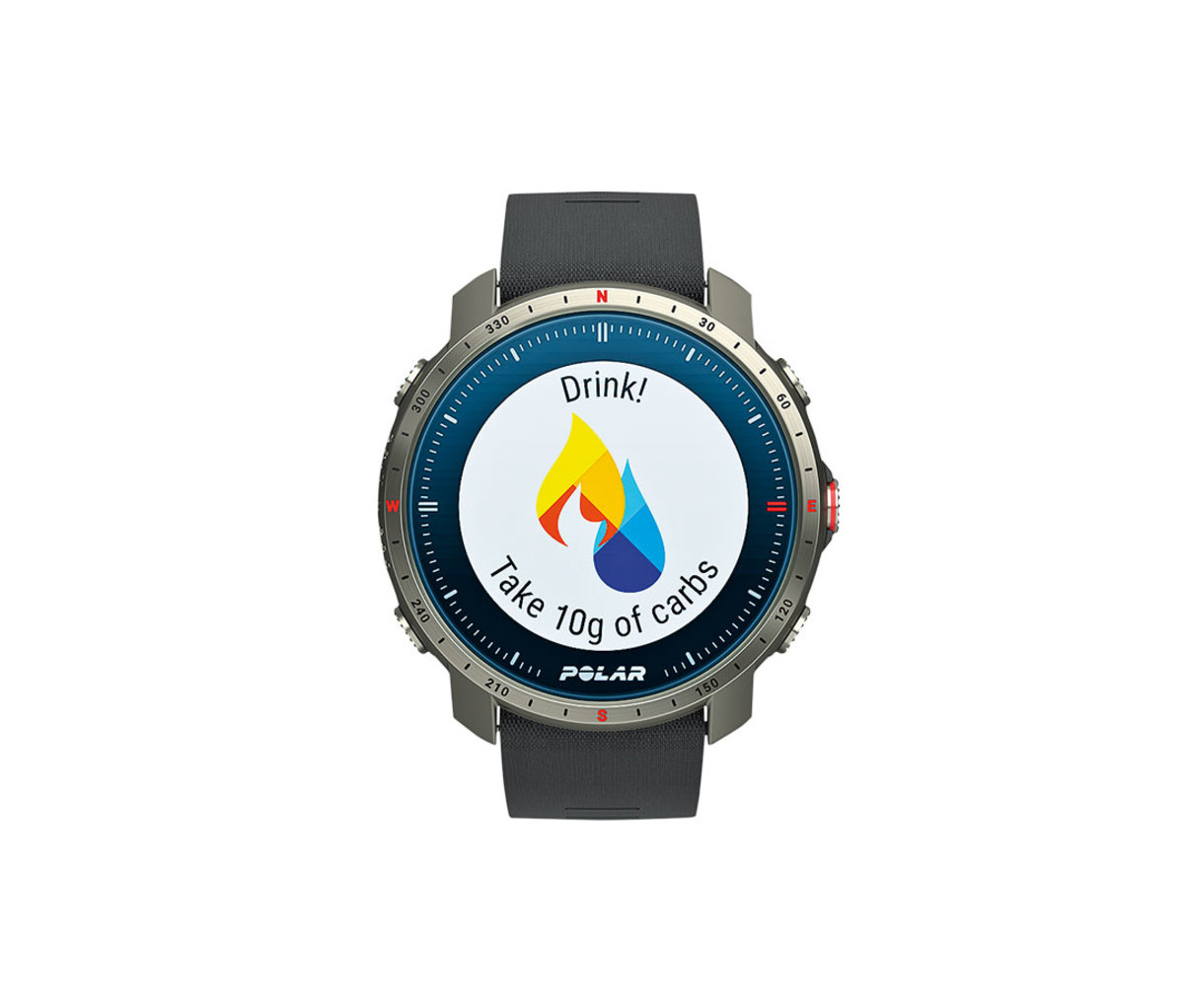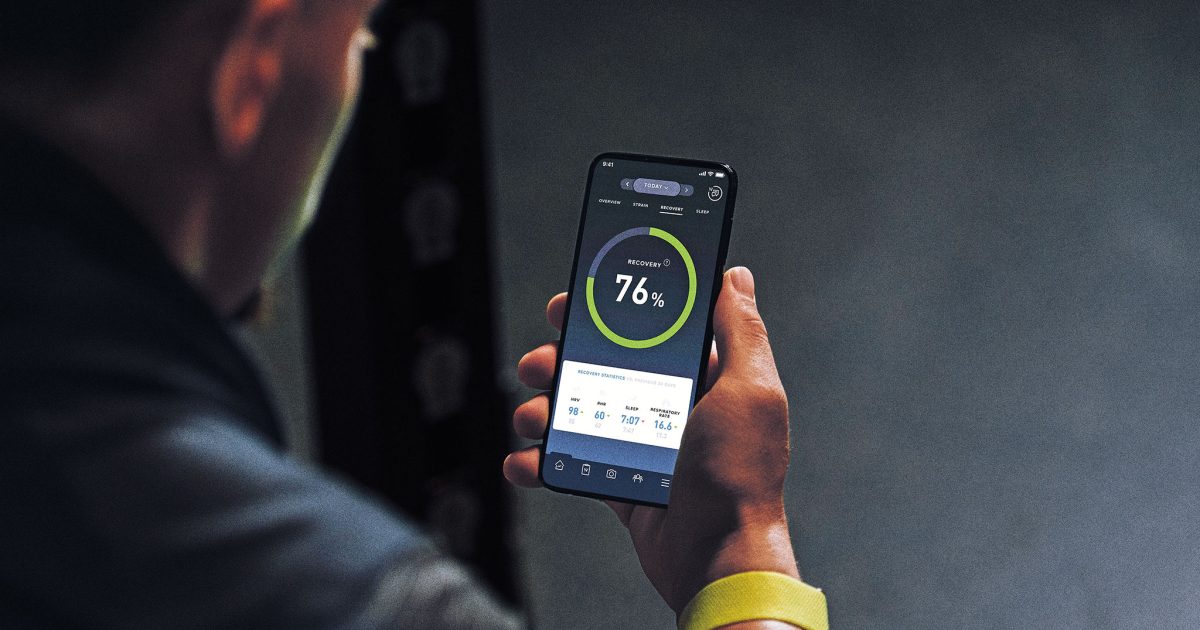No products in the cart.
Fitness Tips
How to Get More Data From Your Tracker
You may think you know your watch or strap’s capabilities, but you’re probably underutilizing some valuable features. That little gadget on your wrist isn’t just logging hard-charging vertical ascents and downtime spent horizontal. Trackers use proprietary algorithms to provide unprecedented access to information on your body. But it only helps if you know what to look for. Check out these untapped powers for actionable feedback to make your tech work for you and get more data from your tracker.
WHOOP Sleep Debt
Sleep is arguably the most important factor in exercise recovery, according to research from the International Journal of Sports Medicine. While some trackers can get down to the minutiae of how long you spend in deep, light and REM sleep, WHOOP tells you how much sleep you need tonight to make up for strain and insufficient sleep the night before. “For every 45 minutes of sleep debt executives accrued, they had a 10 percent decline in executive functioning the next day, which should be of concern to anyone who wants to function on a higher level,” says WHOOP VP of performance Kristen Holmes. By tracking this metric, you can ensure your sleep needs and actual sleep match as closely as possible—which guarantees you’ll be firing on all cylinders, whether you’re at the CrossFit box or in the boardroom.

Garmin Body Battery
Heart-rate variability—the time between heartbeats—quantifies the effects of activity, stress, recovery and sleep into one neat little number that indicates how ready you are to handle stress at a given moment. You’ll likely start the day at 100; that’ll drop as you exercise and deal with life’s stressors. Your “charging status” isn’t good or bad per se, it’s just a way to help you make informed decisions throughout the day regarding sleep, training intensity and alcohol intake. “When your phone has 10 percent left, that’s not the best time to stream Netflix,” explains Phil McClendon, lead product manager for Garmin’s wellness consumer wearables. “Same goes for your body—when your battery’s on the lower end, you’re not going to be at your best during a hardcore workout.” If it dips too low too early, prioritize lower-intensity exercise, pencil in a nap or skip happy hour to recuperate.

Polar Fuelwise
Just like they train to hit specific paces during long runs or rides, endurance athletes dial in their fueling strategies to make sure they can actually go the distance. That process has mostly been one of trial and error—until Polar introduced a smart fueling assistant in its Vantage M2 and Grit X watches. Set your estimated workout duration and intensity, and the FuelWise feature will
calculate (based on your training history, certain physical parameters and the recommended carbohydrate intake rate) how many carbs you’ll need for that session. As you sweat, it’ll push fueling reminders right to your watch. Working harder than anticipated? Because your watch tracks how many calories you’re burning, FuelWise can auto-adjust its fuel and hydration alerts so you never hit the dreaded wall—especially useful for triathletes, marathoners and ultrarunners.
For access to exclusive gear videos, celebrity interviews, and more, subscribe on YouTube!
Source link

